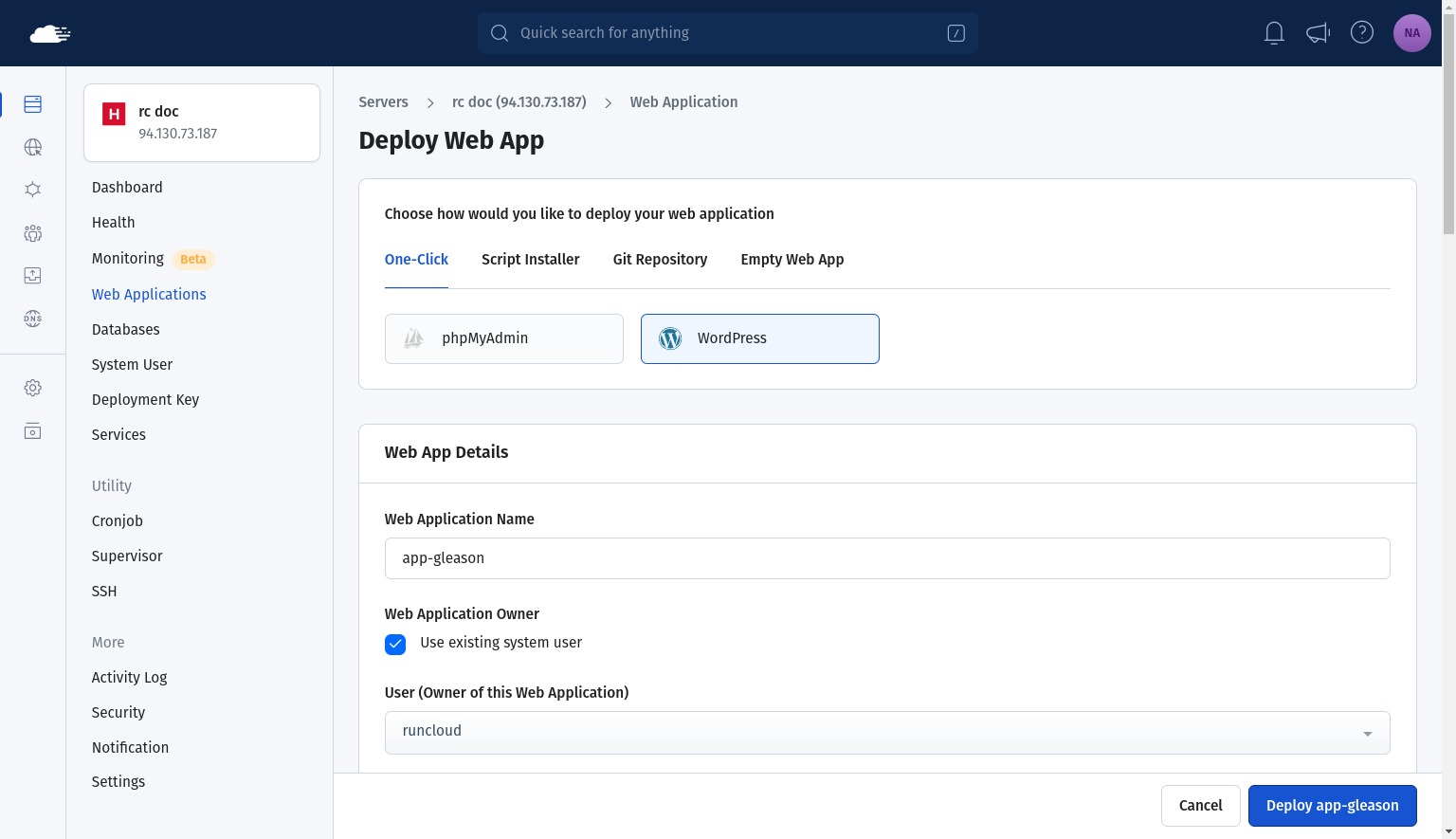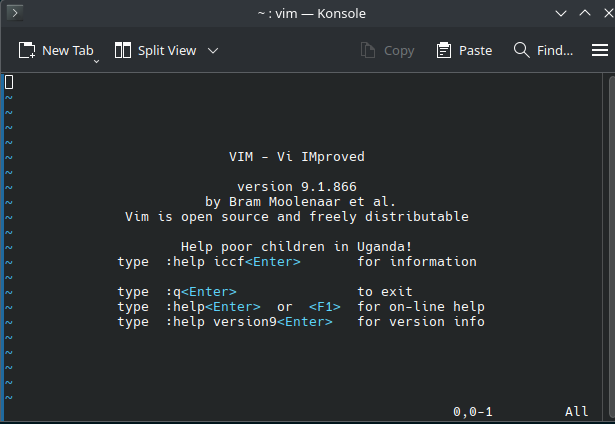Understanding the often complex pricing models of different providers requires careful attention. You might also experience “vendor lock-in”, where moving your setup from one cloud provider to another becomes difficult due to reliance on specific proprietary services or tools.
Table of Contents
- 1 What is Docker?
- 2 What is Self-Hosting Docker?
- 3 What is Cloud-Based Docker?
- 4 Wrapping Up: Who Should Use Self-Hosting Docker vs Cloud-Based Docker?
- 5 FAQs on Self-Hosting Docker vs Cloud-Based Docker
- 5.1 Is self-hosting Docker more secure than cloud-based Docker?
- 5.2 What are the cost differences between self-hosting Docker and using a cloud-based solution?
- 5.3 Which is more scalable: self-hosted Docker or cloud-based Docker?
- 5.4 Can I easily switch from self-hosting Docker to a cloud-based solution?
- 5.5 What is the performance difference between self-hosting and cloud-based Docker?
- 5.6 Is self-hosting Docker suitable for small businesses?
- 5.7 What are the maintenance requirements for self-hosting Docker?
- 5.8 How does data backup work in self-hosting vs cloud-based Docker solutions?
What is Docker?
You can think of it as choosing between renting an apartment (using a cloud provider) and owning your own house (self-hosting). When you self-host Docker applications, you set up the server, install the base operating system, install Docker itself, and then deploy and manage the application containers on that system.Docker containerization is a technology that packages applications into neat, portable containers that can be run anywhere.Choosing between self-hosting Docker and using a cloud-based provider depends on your needs, technical comfort level, budget, and priorities.Do you ever feel like getting your software to run reliably everywhere is almost as challenging as writing it in the first place? If so, then we strongly recommend learning all about Docker containerization. With self-hosting Docker, you must design and implement your backup strategy, deciding what data (volumes, databases, config files) to back up, how often, and where to securely store the backups. Cloud providers typically offer integrated, often automated, backup solutions for storage volumes and databases associated with your containers.
What is Self-Hosting Docker?
There’s also the upfront cost of hardware, which can range from minimal for a Raspberry Pi to significant for a powerful server. You also need to consider ongoing costs like electricity. Furthermore, your home internet connection might not be ideal for hosting services, especially regarding upload speed or data caps.Additionally, cloud providers handle the underlying infrastructure management, and you don’t need to worry about hardware failures, operating system updates, or patching the Docker engine itself. This frees up your time to focus purely on developing and improving your application.Self-hosting Docker typically has higher upfront hardware costs but can lead to lower, predictable monthly expenses, mainly electricity and internet. Cloud-based Docker solutions usually have little to no upfront cost but involve recurring monthly fees based on resource consumption, which can escalate quickly as usage grows. Carefully analyze your expected resource needs and growth to determine the most cost-effective option.Sign up for RunCloud today and discover how simple server management can be.
What Are The Benefits of Self-Hosting Docker?
Migrating Docker containers themselves is relatively straightforward since containers package dependencies, but the ease of switching depends on your overall architecture. If your self-hosted setup relies heavily on local network configurations or specific hardware integrations, moving to a cloud provider will require careful planning and reconfiguring networking, storage, and associated services.While the convenience is tempting, renting a cloud server has its downsides. The most obvious one is cost. While pay-as-you-go sounds great, cloud bills can quickly spiral out of control if you’re not careful about resource usage, especially at scale, or leave resources running unnecessarily.As you might have guessed already, self-hosting Docker isn’t easy, and it comes with its own set of chores. The biggest drawback of self-hosting is responsibility. You are solely responsible for everything: buying and maintaining the hardware, installing and updating the operating system and Docker, configuring network settings, ensuring security (this is a big one!), and performing regular backups.This could be for running anything from a personal blog, a media server like Plex, a file-syncing service, a password manager, or even more complex business applications. You’re the landlord, the maintenance crew, and the resident all rolled into one.They also offer a rich ecosystem of integrated services, making it easy to add databases, load balancers, monitoring tools, automatic backups, and advanced security features to your containerized applications. Getting started can often be quicker and require less upfront investment than buying dedicated server hardware.
What Are The Drawbacks of Self-Hosting Docker?
Choosing the cloud route for your Docker containers comes with some significant advantages. One of the biggest perks is scalability.Ultimately, the “best” choice is the one that aligns with your goals.When you self-host, you have complete control over your data and how the application is configured. Your data stays on your hardware, which can be a huge plus for privacy-conscious folks. You’re not subject to a cloud provider’s terms of service changes, price hikes, or potential service shutdowns.They offer various services specifically designed for running containers, ranging from simple “run this container for me” options to complex orchestration systems like Kubernetes (often provided as managed services like EKS, GKE, or AKS) that can manage large clusters of containers automatically. This option allows you to focus more on your application inside the container and less on the nuts and bolts that keep it physically running.But what if you want the control and potential cost benefits of self-hosting without all the command-line complexity?
What is Cloud-Based Docker?
It’s also an incredible learning opportunity. Setting up and managing your own server and Docker environment teaches you a ton about Linux, networking, security, and how applications really work under the hood, which are valuable skills in today’s tech world. Plus, you get the satisfaction of building and managing your own little corner of the internet.This guide will also help you choose between self-hosting Docker and using cloud platforms.📖 Suggested read: Docker Security — Best Practices to Secure a Docker ContainerThe flip side to running Docker containers on your own servers (self-hosting) is Cloud-Based Docker. This means you’re paying a cloud provider like Amazon Web Services (AWS), Google Cloud Platform (GCP), Microsoft Azure, DigitalOcean, or others, to run your Docker containers for you on their massive, optimized infrastructure.Think back to the apartment versus house analogy. Cloud-based Docker is like renting a fully serviced apartment in a large complex. You don’t worry about the building’s foundation, the plumbing, or the electricity grid connection; the building management (the cloud provider) handles all that.
What Are The Benefits of Cloud-Based Docker?
But once you’ve created containers, the next big question is – where they should live? Do you take command of your own hardware in a self-hosted setup, or leverage the vast power and convenience of the cloud?On the other hand, if your priority is convenience, rapid scalability, high availability backed by SLAs, and minimizing the time spent on infrastructure management, then a cloud-based Docker solution (like those from AWS, Google Cloud, Azure, etc.) is probably the way to go. This path suits startups needing to move fast, businesses experiencing variable workloads, teams that prefer focusing solely on application development, and anyone who values the ease of integrated managed services like databases and load balancers. While potentially more expensive month-to-month, it offloads a significant operational burden.📖 Suggested read: How To Create a Docker Image For Your ApplicationData privacy can also be a concern for some; your application data resides on the provider’s servers, subject to their terms, policies, and the legal jurisdiction they operate under. Lastly, while cloud platforms abstract away hardware management, navigating their vast array of services, interfaces, and configurations introduces its own layer of complexity that requires learning.Another major benefit can be cost savings, especially in the long run. While there’s an upfront cost for hardware, you avoid potentially hefty monthly subscription fees for cloud services, especially if you need to run many applications or require significant resources. Security depends heavily on implementation, not just the hosting type; self-hosting Docker gives you full control over security measures, but you are entirely responsible for implementing and maintaining them correctly. Cloud providers invest heavily in security infrastructure and personnel, offering robust protection, but you rely on their systems and policies. Ultimately, a poorly secured self-hosted setup is less secure than a well-managed cloud environment, and vice versa.
What Are The Drawbacks of Cloud-Based Docker?
You know that classic developer joke, “But it works on my machine!” – funny because it’s often painfully true. Getting software to run correctly on different computers, with all their various settings and installed programs, has often been a massive headache. Docker is a way to fix this.Docker is like a standardized shipping container, but for software. You package your application and everything it needs to run (like specific code libraries, tools, and settings) into a neat little box called a “container”. This container can run practically anywhere, on your laptop, a colleague’s computer, or a server in a data center, and it should always work exactly the same way.Docker essentially isolates your application, so it doesn’t care what else is running on the host computer. It brings its own environment with it. This makes developing and deploying applications much faster and more reliable.Self-hosting Docker demands ongoing maintenance, including updating the host operating system, patching the Docker engine itself, monitoring resource usage, managing hardware, and maintaining security configurations. You are also responsible for setting up and verifying backups and planning for hardware failures. Using server management platforms like RunCloud can automate some tasks, but the ultimate responsibility for the infrastructure’s health and security rests with the owner.
Wrapping Up: Who Should Use Self-Hosting Docker vs Cloud-Based Docker?
Need more power for a sudden traffic spike? With most cloud providers, you can scale up your resources (CPU, RAM, number of container instances) almost instantly with just a few clicks or commands – and scale back when demand drops.If something breaks, there’s no support line to call, and it’s up to you to fix it. This requires a certain level of technical knowledge and a willingness to learn and troubleshoot.Self-hosting Docker can be suitable for small businesses, especially those with in-house technical expertise or those using management tools. It offers potential cost savings and greater data control. However, it requires a commitment to managing infrastructure, security, and updates, which can divert focus from core business activities.Finally, it takes time, time to set up, time to maintain, and time to fix things when they inevitably go wrong. It’s definitely more involved than just clicking a button on a cloud provider’s website.Most cloud providers only bill for what you use, which can be very efficient. Reliability and uptime are also major selling points; these providers have teams of experts, redundant hardware, backup power, and high-speed network connections designed to keep things running smoothly, often backed by guarantees called Service Level Agreements (SLAs).If you prioritize maximum control over your data, enjoy tinkering with technology, have particular privacy requirements, or are looking for the potentially lowest long-term cost (and don’t mind the upfront hardware investment and maintenance), then self-hosting Docker on your own server is likely a great fit.

📖 Suggested read: When And Why To Use Docker — Full GuideWhy would anyone go through the trouble of setting up their own server to run Docker containers? Well, there are some pretty compelling reasons. The biggest one is often control.





